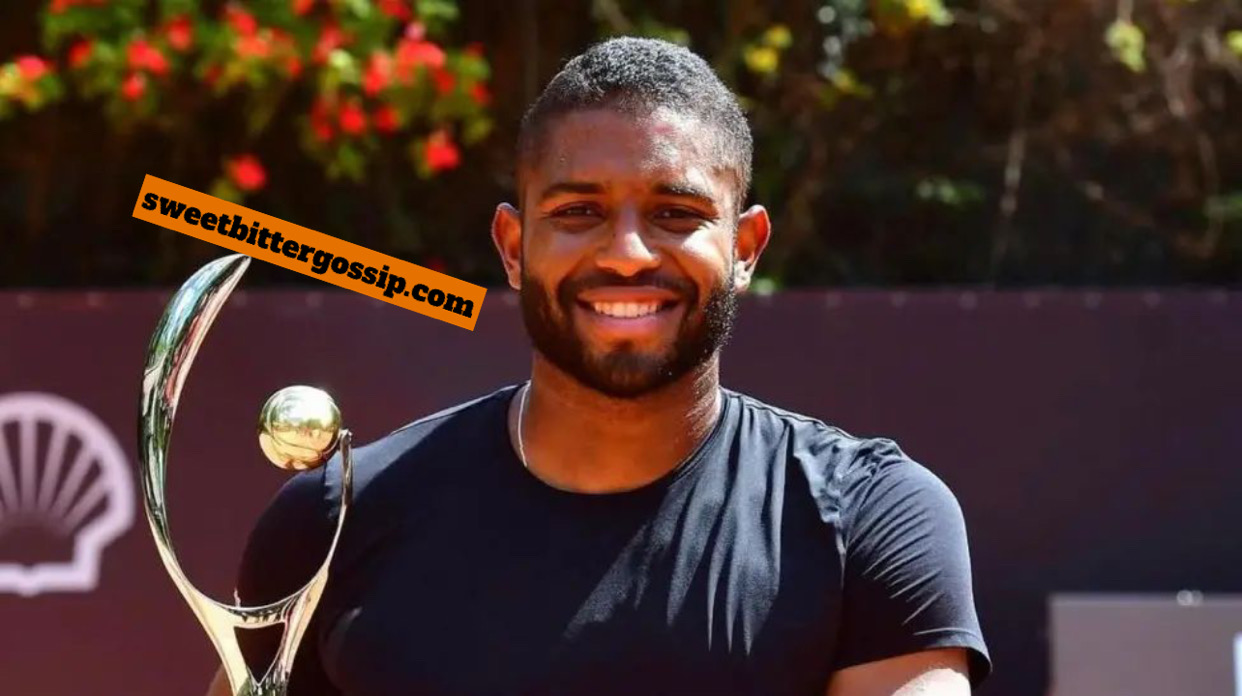When Brazilian tennis player Joao Lucas Reis da Silva shared a heartfelt birthday message to his boyfriend, Guilherme Sampaio Ricardo, on Instagram, he never anticipated the impact it would have. While Reis da Silva had previously posted personal photos of his partner on special occasions like Valentine’s Day, this particular post gained unprecedented attention.
The post, unlike his usual Instagram Stories, remained visible for longer, reaching a broader audience and quickly going viral. Unintentionally, Reis da Silva became a trailblazer—the first active professional male tennis player to publicly announce he is gay.
“This wasn’t the time I came out. I came out before that—about five years ago to my parents, friends, coaches, and the players I train with,” the 24-year-old told BBC Sport. “But for many people who didn’t know me personally, the post was a big deal and created a lot of buzz.”
Reis da Silva clarified that inspiring others wasn’t his initial goal. “I’m not an activist, just a tennis player who is gay. But if this encourages other male players to come out, that would be great.”
Breaking Barriers in Men’s Tennis
The tennis world has long grappled with a paradox surrounding LGBTQ+ representation. While many female players—both past and present—are openly gay, the men’s tour has remained relatively silent.
Icons like Billie Jean King and Martina Navratilova, who dominated women’s tennis from the 1960s through the 1990s, paved the way for future generations by embracing their identities and becoming vocal activists. Reis da Silva noted this distinction, saying, “Gay women players have role models like Billie Jean and Martina, which makes it easier for them to talk about their sexuality. On the men’s side, it’s different.”
Until Reis da Silva, the only male ATP player to come out publicly was American Brian Vahaly, who did so in 2017—ten years after retiring from professional tennis.
Several factors contribute to this disparity. Male players cite concerns about traveling to countries where homosexuality is illegal and the hypermasculine culture of the ATP locker rooms. Reis da Silva reflected on his experiences before coming out: “I used to hear a lot of bad comments about homosexuality in locker rooms and on the courts. It was day after day. But after I came out to my friends, those comments stopped. Having someone gay around creates a better environment.”
The Ripple Effect
Reis da Silva’s post has brought him both attention and overwhelming support. Messages poured in from fans, journalists, and notable figures like Billie Jean King and Brazilian tennis stars Thiago Monteiro and Bruno Soares. His Instagram following surged from 7,800 to over 25,000, and the newfound positivity seemed to fuel his performance.
Just a week after the viral post, Reis da Silva won the Procopio Cup in Rio de Janeiro, earning a spot in the ATP 500 qualifying draw. “It’s amazing how many good messages I received—people saying I inspired them. I was scared of hate, but the positivity has been overwhelming,” he said.
Whether coincidence or newfound confidence, Reis da Silva’s victory symbolizes a turning point—not just for him but potentially for men’s tennis. His courage has set the stage for a more inclusive future, proving that authenticity can lead to both personal and professional triumph.

